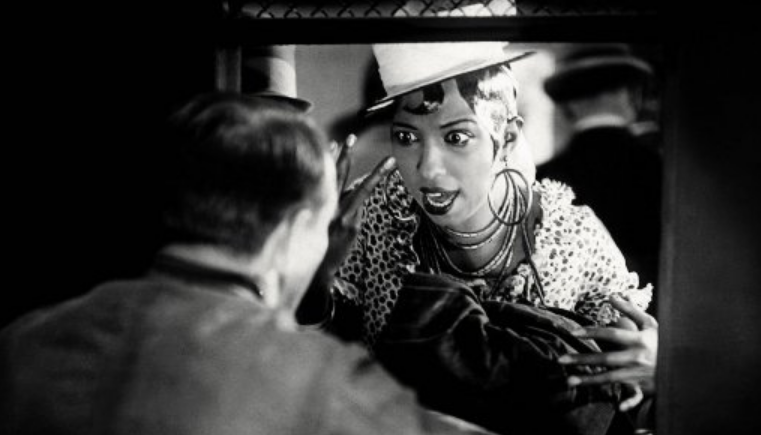Joséphine Baker will enter the Panthéon, a burial place devoted to the great men and women of French history, on 30 November. She will only be the fifth woman and first black woman to be honoured alongside 72 men. Baker’s family has asked that her body remain in Monaco’s marine cemetery, where she was buried in her military uniform and with the medals that she received for her role in the Resistance.
It would be impossible to capture such a rich life in just a few sentences.
Born in Saint-Louis (Missouri), Baker became one of the first internationally known artists of the 1930s. For many, Baker was the embodiment of jazz. At the age of 13, she joined The Jones Family Band, a street performance group. At 15, she participated in the St. Louis Chorus Vaudeville Show. She then moved to New York and performed in the musical Shuffle Along. Then came the 1920s and with them the Harlem Renaissance, which saw an explosion of creative energy within the African-American artistic community. Musicals and nightclubs like the Cotton Club featured black talent that was unprecedentedly popular in white America.
Baker internationalised this movement by helping to export it across the Atlantic.
In Paris, she became the best-paid showgirl of the time, leading a troupe of 25 artists, the famous “Revue nègre”, which performed at the Folies Bergères and the Théâtre des Champs Élysées. On 20 September 1926, Baker recorded her first 78 rpm with Odéon. It was then that the French-speaking public discovered the greatest jazz standards.
Even today, African-American artists pay tribute to Baker. For instance, Beyoncé wore a banana skirt during her 2006 performance at the Fashion Rocks and Rihanna wore a transparent dress reminiscent of Baker at the 2014 Fashion Awards.
“Rainbow tribe”
Baker is also the exaltation of “diversity”.
Not the theoretical diversity with which one fills speeches, but a concrete, living diversity, which forges one’s path in life. This diversity meant that Baker lived an atypical human experience during the 20th century, a time marked by racism and prejudice. In 1953, after a decade of reflection and planning, Baker started forming a family from scratch, by adopting children from every continent in the world: South-East Asia, North and West Africa and Latin America. She raised them on an educational farm in the southwest of France. She felt that this was the family of the future and proudly referred to it as her “rainbow tribe”.
The article continues below

Free download
Get your free PDF: Top 200 banks 2019
The race to transform
Complete the form and download, for free, the highlights from The Africa Report’s Exclusive Ranking of Africa’s top 200 banks from last year. Get your free PDF by completing the following form
No one had ever seen a black woman adopt a white child before. Nor had anyone seen a black woman raise 12 children at a castle to become ‘soldiers of love’. Le Monde reported that Baker was “the mother of a family of all colours” and described her as “an anti-racial activist.” The children were “brought up as brothers”, although each “maintained their country’s language, dress, customs and religions.”
Baker thought of her family as a small UN, rich in linguistic, religious, racial and national diversity. She told journalists: “I will make every effort so that each shows the utmost respect for the opinions and beliefs of the other. I will prove that human beings can respect each other if given the chance.”
Against domination
Honouring Baker is a way of celebrating “Resistance.” A fierce, constant resistance, at all times and in all places. Baker was ahead of her time as she embraced what we now call intersectionality – an acknowledgement that there is a wide range of struggles based around race, gender, etc. During World War II, she joined the French Resistance.
She collected information on troop movements from several embassies and sent it to England, all while using her star status as a reason to justify her travels. Baker sheltered Resistance fighters in the Dordogne, in her château at Les Milandes. A few weeks before the Normandy landings, she joined the air force and became a second lieutenant.
The civil rights activist also participated in the 1963 March on Washington for Jobs and Freedom. She was a friend of Martin Luther King and was invited to give a speech whose simple and direct words still resonate today: “I have walked into the palaces of kings and queens and into the houses of presidents. And much more. But I could not walk into a hotel in America and get a cup of coffee, and that made me mad. And when I get mad, you know that I open my big mouth. And then look out, ‘cause when Josephine opens her mouth, they hear it all over the world.”

